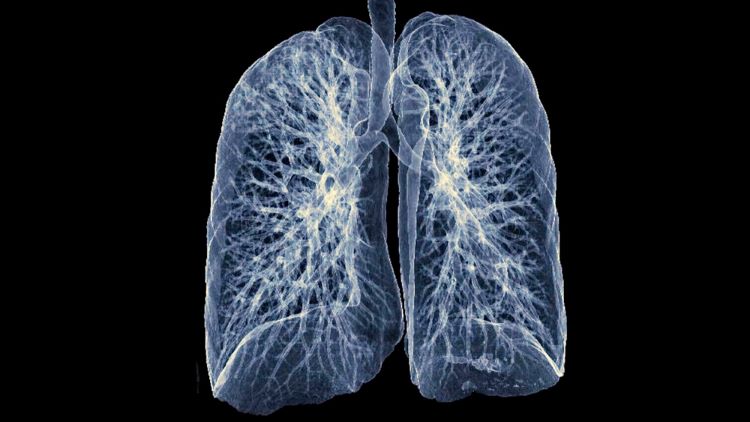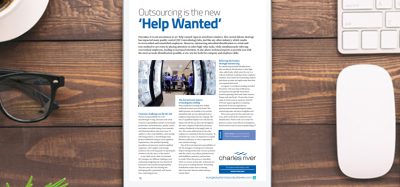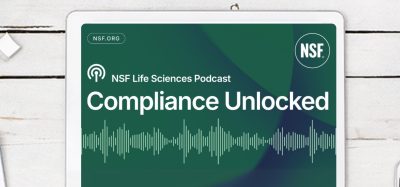GSK ultra-long-acting biologic shows Phase III potential
Posted: 10 September 2024 | Catherine Eckford (European Pharmaceutical Review) | No comments yet
The treatment, being evaluated for severe asthma, is the first ultra-long-acting biologic to be evaluated in Phase III trials.


Results from GSK’s two Phase III clinical trials evaluating the biologic depemokimab has shown promise in extending dosing intervals in severe asthma, with individuals just requiring two doses annually.
The injectable treatment was assessed against placebo in the SWIFT-1 and SWIFT-2 trials and open label extension study (AGILE). It is the first ultra-long-acting biologic to be evaluated in Phase III trials. The treatment was investigated alongside patient’s standard of care with medium to high-dose inhaled corticosteroids plus at least one additional controller.
“With a dosing schedule of just two injections per year, depemokimab has the potential to be the first approved ultra-long-acting biologic with six-month dosing. This could offer…an option that provides reassurance of sustained suppression of a key marker of type 2 inflammation and a reduction in the rate of exacerbations and hospitalisation [for severe asthma],” Kaivan Khavandi, SVP, Global Head of Respiratory/Immunology R&D explained.
Advancing asthma with biologic depemokimab
With a dosing schedule of just two injections per year, depemokimab has the potential to be the first approved ultra-long-acting biologic with six-month dosing”
Depemokimab has scope for two doses per year due to its high binding affinity and potency for interleukin-5 (IL-5), GSK shared. The company highlighted that over 80 percent of people with severe asthma exhibit type 2 inflammation as the underlying pathobiology of their asthma, according to research.
In the pre-specified pooled analysis from the two Phase III trials, the biologic demonstrated a 54 percent reduction in exacerbations annually versus placebo. Furthermore, the data showed a 72 percent reduction in clinically significant exacerbations requiring hospitalisation or emergency department visits compared to placebo.
GSK noted that rates of patients experiencing adverse events was similar in both the depemokimab and placebo groups in the Phase III trials. Additionally, there were no reports of deaths or serious adverse events related to the study treatment.
The data for the biologic presented at the 2024 European Respiratory Society International Conference (ERSIC) and published in the New England Journal of Medicine will inform global regulatory filings.
Related topics
Biopharmaceuticals, Clinical Development, Clinical Trials, Data Analysis, Drug Development, Industry Insight, Research & Development (R&D), Therapeutics









